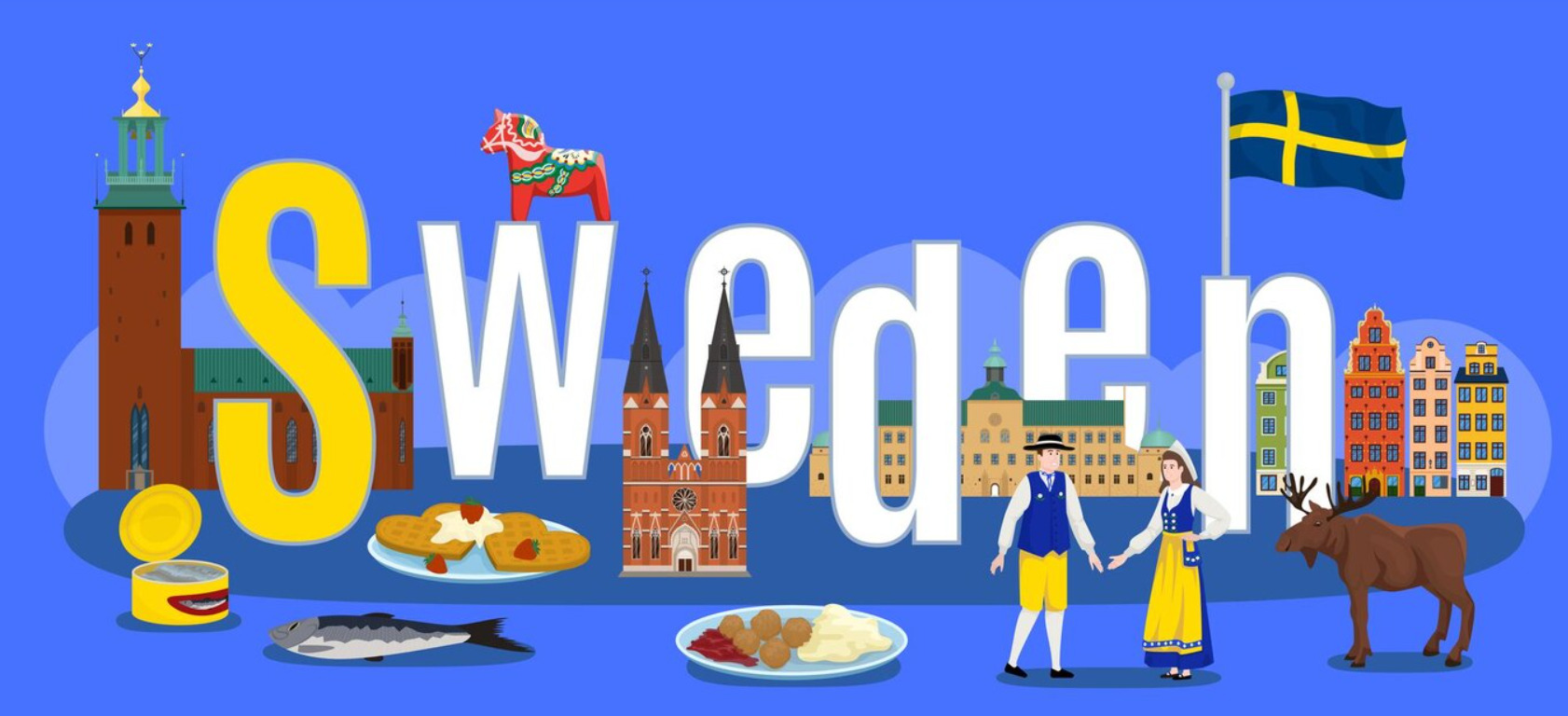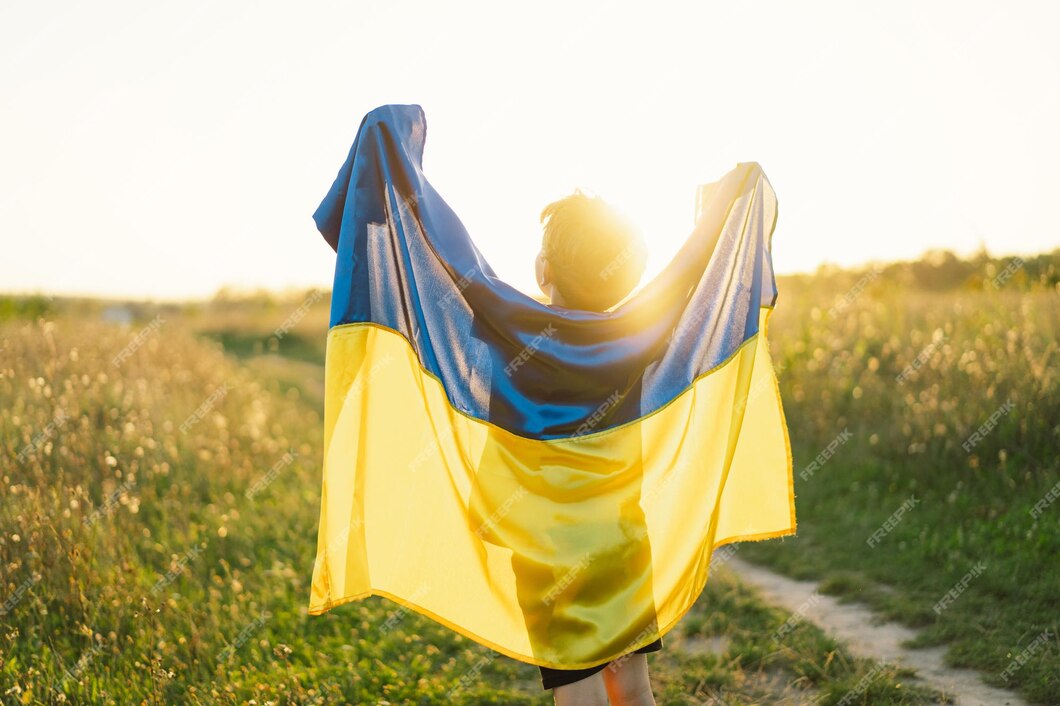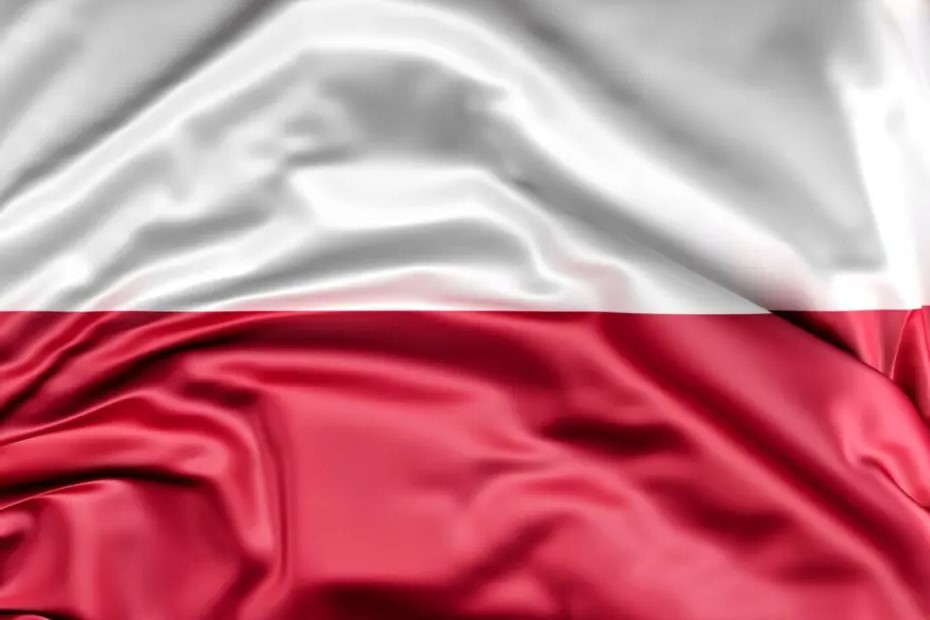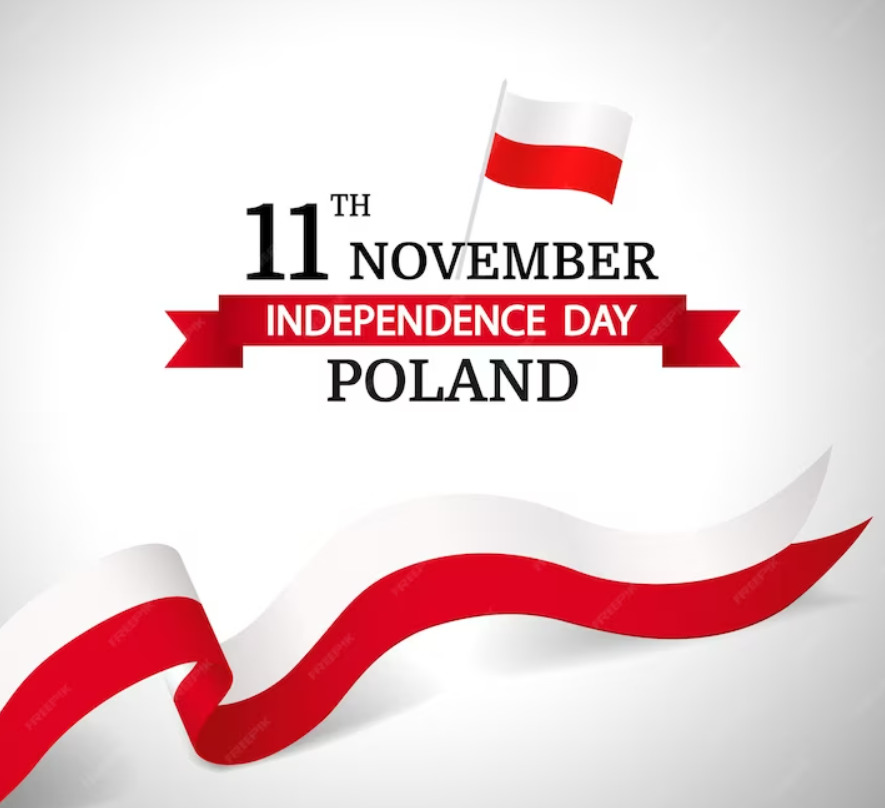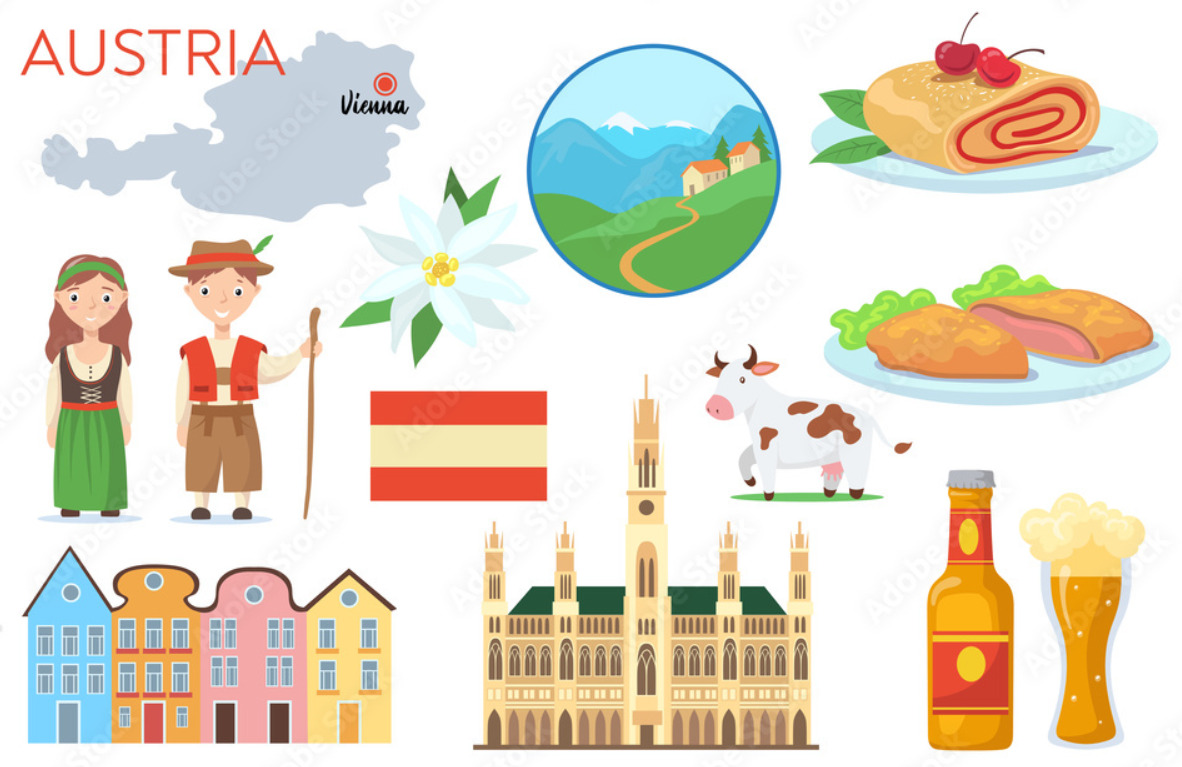Greece, a timeless Mediterranean gem, has always been a favored destination for travelers seeking a blend of rich history, stunning landscapes, and warm hospitality. As we look ahead to the year 2026, there’s a special reason for anticipation among both locals and tourists: the promise of long weekends in Greece. In this introduction, Let’s set off on an exploration to discover the captivating long weekends in Greece for the year 2026, where ancient heritage meets modern leisure, and every moment becomes an opportunity to savor the beauty of this iconic destination. With a calendar peppered with extended long weekends in Greece beckons with open arms, inviting you to discover its hidden treasures, vibrant culture, and breathtaking scenery, all within the embrace of extended leisure time. Join us as we uncover the potential adventures that await in the long weekends of 2026, promising unforgettable experiences in a land where myth and reality intertwine.
the Day Off app can be your trusted companion in maximizing the importance of these well deserved breaks in your calendar. With Greece’s stunning landscapes and vibrant culture awaiting your exploration, the Day Off app can be your gateway to unforgettable experiences on your days off in this enchanting country.
the importance of work life balance are known to offer employees additional days off on holidays. This employee friendly approach allows individuals to make the most of their time away from work. Day Off app can be used for tracking holidays and leaves for employees.
Greece Public Holidays in 2026
New Year’s Day, January 1 ( Monday)
Clean Monday, March 18 (Monday)
Independence Day, March 25 (Monday)
Labor day, May 1 (Wednesday),
You Can take Thursday as a Day off and enjoy a long weekend (From May1 to May6)
Orthodox Good Friday, May 3 (Friday)
Orthodox Easter Monday, May 6 (Monday)
Orthodox Whit Monday, June 24 (Monday)
The Assumption of Mary, August 15 (Thursday)
The Ochi Day, October 28 (Monday)
Christmas Day, December 25 (Wednesday),
You Can take Monday & Tuesday as a Day off and enjoy a long weekend (From Dec.21 to Dec.29)
Synaxis of the Mother of God, December 26 (Thursday)
New Year’s Day December 30 to Jan 1 (Saturday to Monday)
known as “Protochronia” in Greece,
festive holiday marked by traditions like cutting the New Year’s cake, Vasilopita, with a hidden coin for good luck. At midnight, fireworks illuminate the skies, and people exchange warm wishes.
Clean Monday March 16 to March 18 (Saturday to Monday)
known as “Kathara Deftera” in Greek,
it’s a day of purification, with a focus on a vegetarian diet and outdoor activities like kite flying. Families and friends gather for picnics, enjoying fresh fruits and vegan dishes. Special foods like olives, bread, and “lagana” flatbread are enjoyed.
Independence Day March 23 to March 25 (Saturday to Monday)
known as “Εικοστή Πέμπτη Μαρτίου” or “25η Μαρτίου” in Greek,
marks the country’s successful fight for freedom from Ottoman rule in 1821. Greeks come together with patriotic pride, hosting parades, flag raising ceremonies, and cultural events. Blue and white flags adorn streets and homes, symbolizing Greek unity and resilience.
Orthodox Good Friday May 3 to May 5 (Friday to Sunday)
known as “Μεγάλη Παρασκευή” (Megáli Paraskeví) in Greece,
solemn religious holiday that commemorates the crucifixion and death of Jesus Christ. It is observed with reverence through church services, processions featuring the “Epitaphios” representing Christ’s body, and fasting.
Orthodox Easter Monday May 4 to May 6 (Saturday to Monday)
known as “Deutera tou Pascha” in Greece,
Greeks often spend the day picnicking, flying kites, or visiting graves of loved ones to offer prayers. It symbolizes the triumph of life over death and marks the arrival of spring, combining both spiritual reflection and communal joy.
Orthodox Whit Monday June 22 to June 24 (Saturday to Monday)
known as Pentecost Monday,
it commemorates the descent of the Holy Spirit upon the apostles and marks the end of the Easter season. On this day, Greek Orthodox Christians attend church services, where the clergy wear white robes and the church is adorned with beautiful flowers.
The Assumption of Mary August 15 to August 18 (Thursday to Sunday)
known as “Koimisis tis Theotokou” in Greek,
this holiday commemorates the belief that the Virgin Mary was taken up to heaven, body and soul, at the end of her earthly life. It is a significant religious observance for the Greek Orthodox Church, marked by solemn liturgical services and processions to honor the Mother of God.
The Ochi Day October 26 to October 28 (Saturday to Monday)
The resounding “Ochi” (meaning “No” in Greek),
Greek resistance and determination. Celebrations include parades, speeches, and various events, with schools and businesses closed. It’s a day to honor the country’s history and its enduring values of freedom and independence.
Synaxis of the Mother of God December 26 to December 29 (Thursday to Sunday)
It honors the Virgin Mary and involves special church services, prayers, and hymns dedicated to her role in the birth of Jesus. Greeks gather in churches and monasteries, lighting candles and offering gifts as symbols of devotion.
Conclusion
long weekends in Greece, combined with a day off, offer a delightful blend of history, culture, natural beauty, and relaxation. Whether you choose to explore the ancient ruins of Athens, bask in the sun on the beautiful Greek islands, or immerse yourself in the vibrant local traditions and cuisine, Greece has something to offer every traveler. The addition of a day off provides even more time to unwind and fully immerse yourself in the Greek experience. you can use Slack to share how you celebrate in holidays with your colleges.
The warm hospitality of the Greek people, coupled with the stunning landscapes and rich heritage, make Greece a perfect destination for a memorable long weekend getaway. Whether you’re seeking adventure, relaxation, or a combination of both, Greece’s long weekends with an extra day off will leave you with lasting memories and a deep appreciation for this captivating Mediterranean country.

